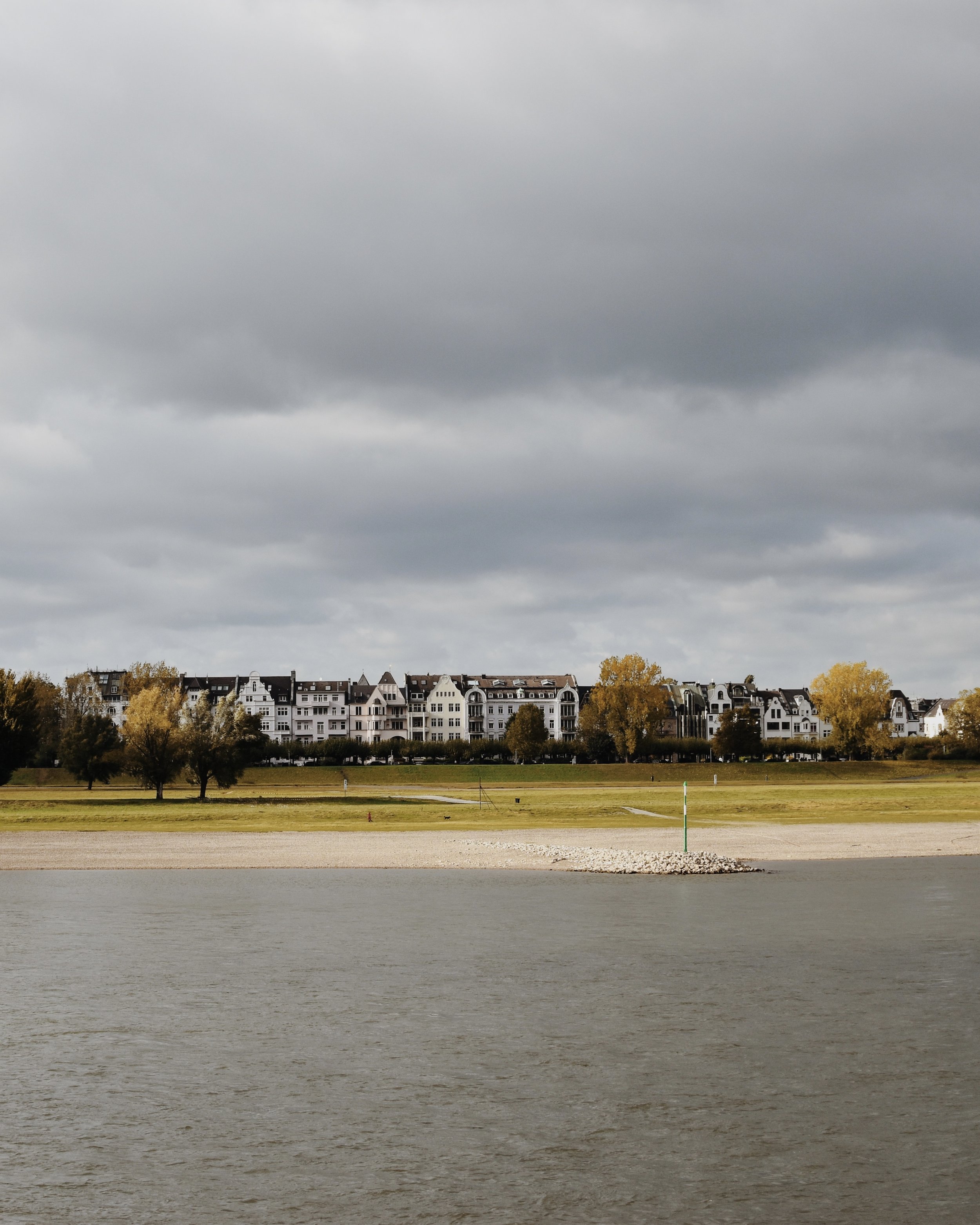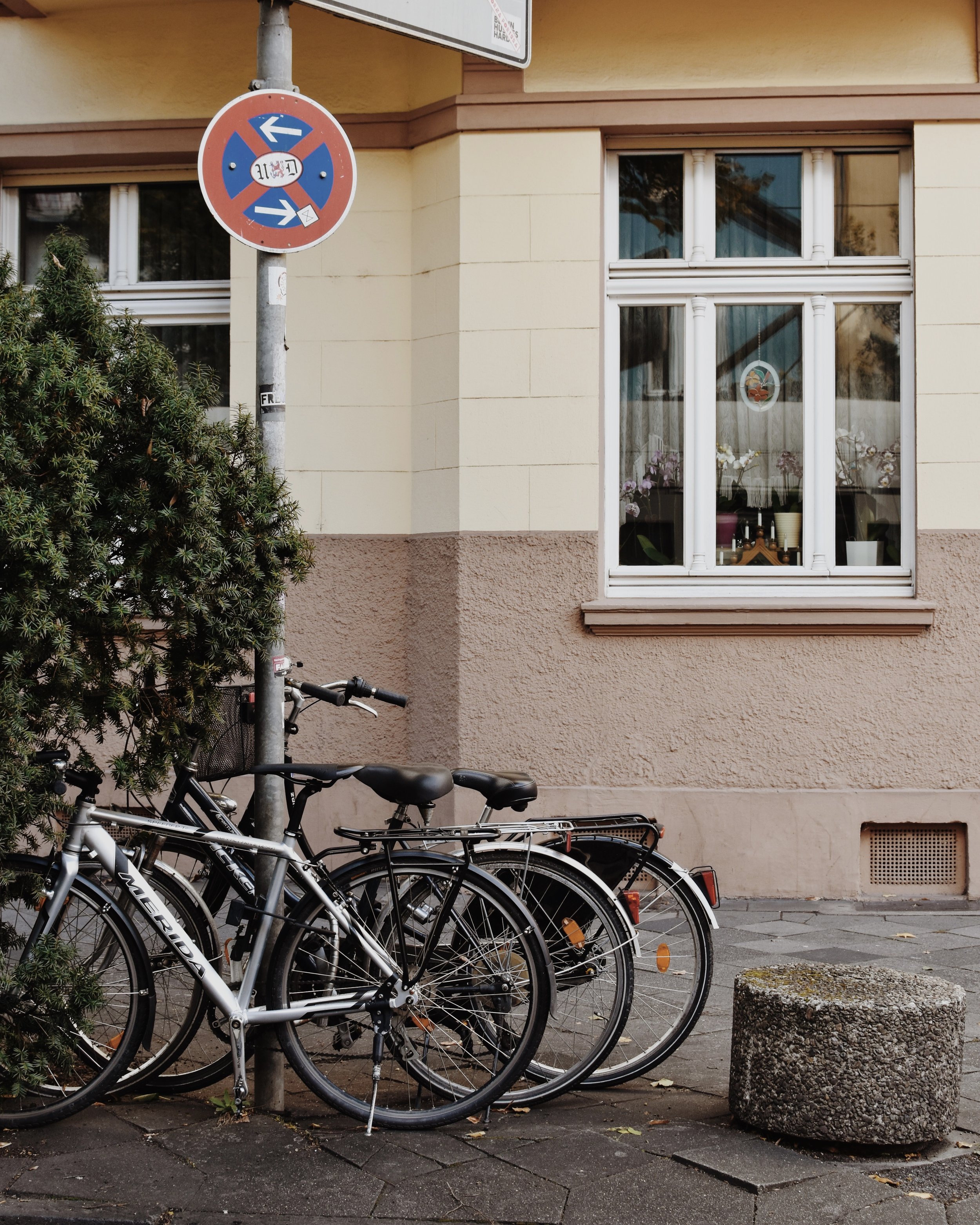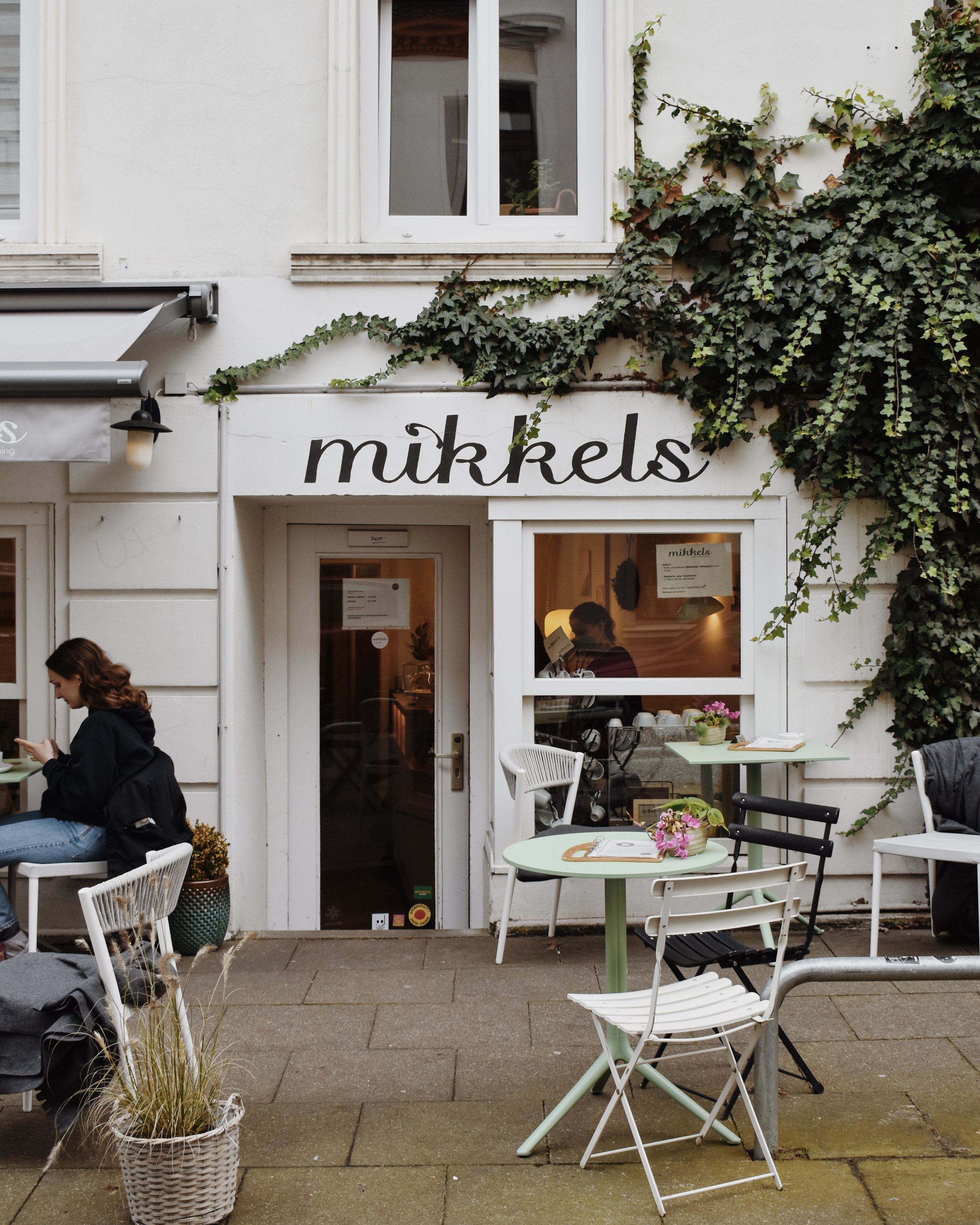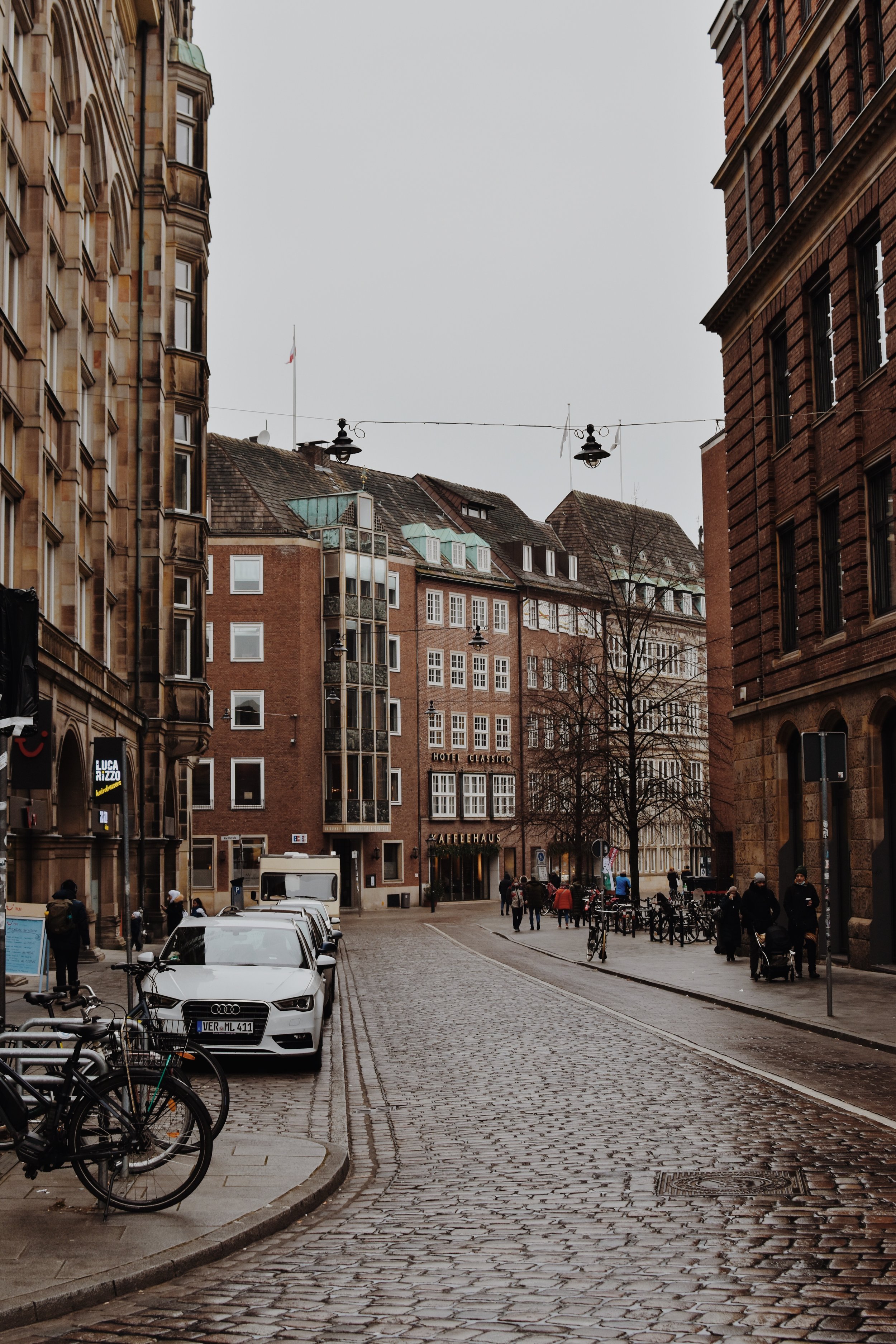Travelling to Germany from Singapore — What You Need to Know About the VTL
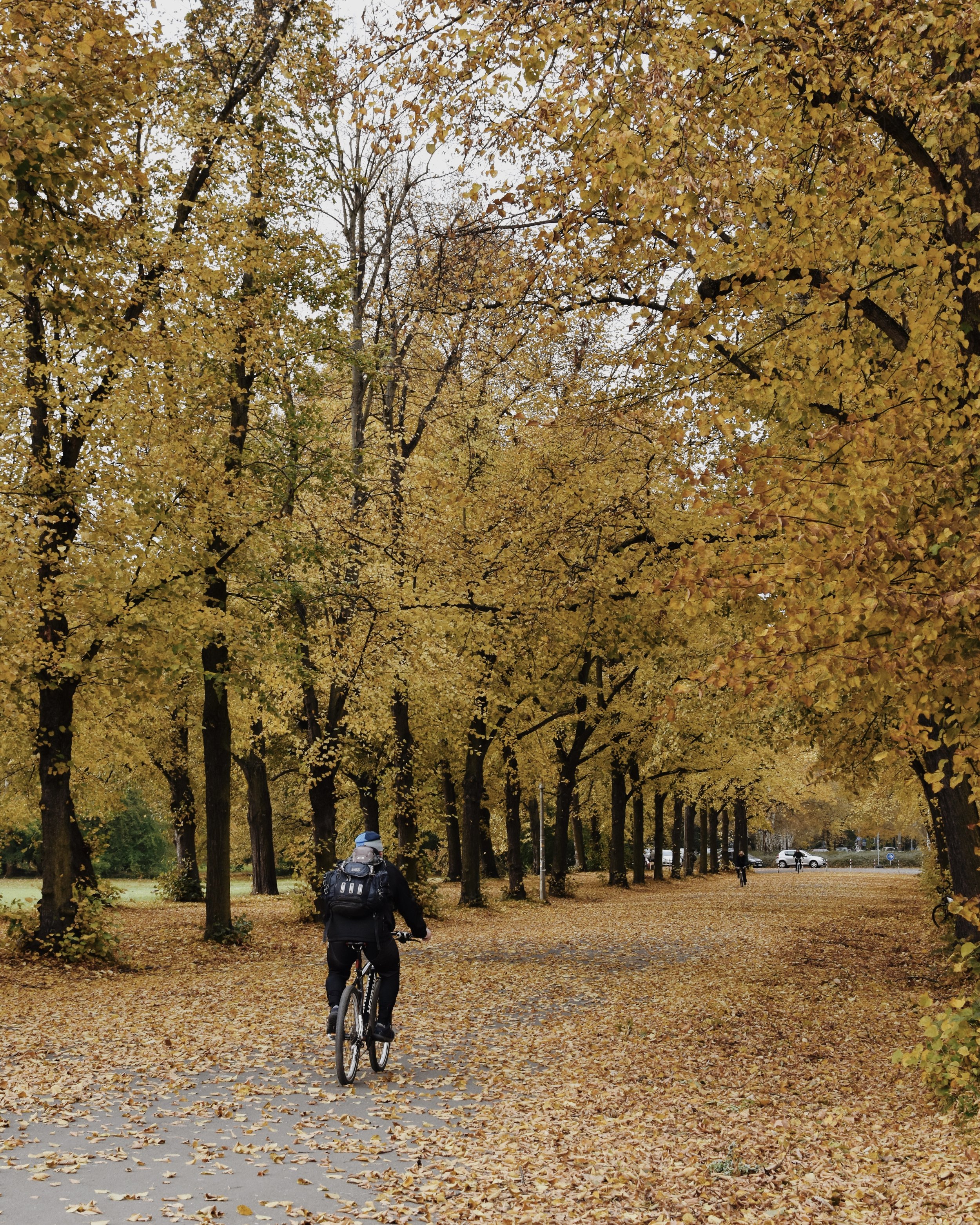
For the first time in a long time, Singaporeans are finally able to travel to select countries without having to quarantine upon return.
And after 2 long years, I finally travelled again last month, experiencing autumn in Germany.
Undoubtedly, travelling in a pandemic looks a little different, so with this article, I’ll be detailing all you need to know about travelling on the Vaccinated Travel Lane (VTL).
Read: A Travel Guide to Leipzig— The Best Day Trip from Berlin
Read: The Ultimate Hamburg Travel Guide— 10 Must Visit Sights
Read: Why You Have to Visit Lübeck— A Magical Day Trip from Hamburg
Read: Düsseldorf City Break Itinerary— The Best Things to See & Do
Do note though, that the situation remains fluid, and therefore things can change— it’s still imperative to head to the pages of official governments for travel advisories and stay up to date on the latest requirements.
This guide will also focus on my experience in Germany!
BEFORE ENTERING GERMANY
Entry Requirements and Restrictions
Head on over to the German Federal Office website to read up on entry requirements and restrictions.
At the time of my visit, Singapore was not considered a high risk country, and therefore I did not have to do anything special as a fully vaccinated adult, nor did I have to book a pre-departure test before leaving for Germany.
However, as of October 24th 2021, that changed— and you can check the list of what Germany classifies as high risk countries here.
As such, you must now complete a Digital Entry Registration and keep this proof of registration with you.
Authenticate Your Certificates
The Singapore government provides an online service called Notarise that authenticates and verifies your negative tests / vaccination certificate, which I kept with me all throughout Germany in PDF format.
It basically helps to verify that your results / vaccination certificates are legitimate and have not been tampered with.
The vaccination certificate is similar to what you can pull from Health Hub, but is a lot more detailed.
Booking Your Flights
By and large, you can take any flight into Germany right now.
The concept of ‘VTL’ applies more to coming back to Singapore (or when travelling to countries like Brunei and Australia).
Therefore, only specific flights operated by carriers such as Lufthansa, Singapore Airlines and Scoot will enable travellers to return to Singapore without having to quarantine.
Head on over to the official flight carriers’ websites to find out more about their schedule.
Buying Travel Insurance
Even before the pandemic, I’ve always been an advocate for getting travel insurance.
Though it was not stated as a requirement to enter Germany, I was asked about it at Customs when I landed.
You can find travel insurance plans from many companies.
I got mine from Aviva because there was a promo code for travellers, in addition to the group discount for MINDEF / MHA / POGIS policyholders, and you can check your eligibility on the website.
Downloading the Contact Tracing App LUCA
Just like TraceTogether, Germany also has their own contact tracing app called LUCA.
The enforcement of having to check in, in my experience, was dependent on the city I was in.
For example, in Hamburg, I pretty much had to check-in wherever I went, less so in the other cities I visited.
ON ARRIVAL IN GERMANY
At customs, I was asked to show my:
Return ticket
Travel insurance
Hotel bookings
Itinerary (the cities I was going to visit)
WHEN IN GERMANY
Masks
Germany only allows surgical masks as fabric masks are deemed to not be as effective.
It is a must to wear masks when you’re indoors and when on public transport.
Vaccination Certificates
Like in many other countries, including Singapore, you have to produce your vaccination certificate when you dine in.
The PDF document I had on my phone from Notarise sufficed in all situations.
I was also asked to produce my certificate when checking in to hotels / hostels.
BEFORE DEPARTURE TO SINGAPORE
Entry Requirements and Restrictions
Singapore’s ICA website also has a checklist of requirements and restrictions.
In general, I had to book a pre-departure PCR test, though for entry after 11 November 2021 2359hrs, ARTs are also accepted.
This has to be done 2 days before departure to Singapore.
I booked mine via Covidzentrum, which offers testing facilities in cities all around Germany.
You can also get tested at the airport on the day of your departure, but of course, the quicker you need your results, the more expensive your test is going to cost.
However, with the allowance of ARTs, this will help make costs manageable.
I got tested 2 days before departure at about 3+pm, and my PCR test result was only out the day after at about 6:30pm.
Filling In Your e-Arrival Card
Within 3 days of arriving into Singapore, you can also fill in your electronic Health Declaration cum Arrival Card.
You can do this online or via the SG Arrival Card app.
Pre-Booking Your On-Arrival Test
You’ll have to do a PCR test on arrival, which you can book and make a prepayment for here.
I forgot to do this before I arrived, but you can also register and pay on the spot.
In my experience, this only took a few minutes, but of course, if there are lots of people getting their on-arrival test at the same time, this could cause delays for you.
So book ahead to save yourself the headache.
Then, you’ll have to self-isolate while waiting for your results.
I arrived at about 4pm that day and got my results that very night, but of course, you can wait up to 24 hours in some cases for your result to be out.
AND THAT’S ALL!
In summary, that was all that I went through travelling to Germany and back during the last week of October in 2021.
Of course, things could change— the easing of measurements, the addition of restrictions etc., these are all circumstantial, though I’m sure we’re largely numb to the fact rules keep changing given how we’ve all lived for the past 2 years.
So head on over to the necessary websites linked in this article above to obtain the most up to date information for when you travel!
It might seem like a lot of work, but there’s a wealth of information online from other travellers like myself, so you don’t have to be too worried about missing anything out.
Aside from the additional work, my experience travelling in Germany was largely quite normal, and it was, if nothing else, an incredibly liberating break after not having been able to travel for the past 2 years.
Aside from the travel blog, I’ve started documenting my travels on vlogs which you can check out below if you’d like a better visual representation of what travelling in a pandemic looks like!

